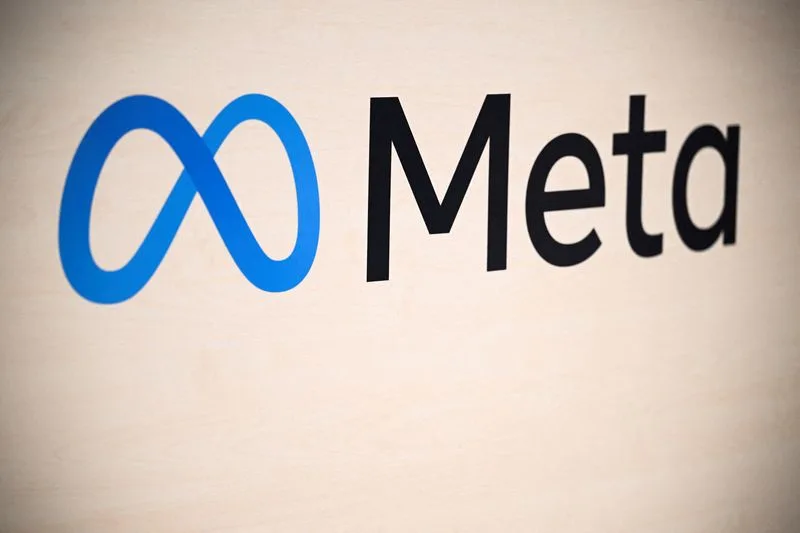Meta Platforms, the parent company of Facebook, will go to trial in a high-profile antitrust case filed by the U.S. Federal Trade Commission (FTC), which seeks to dismantle the tech giant over its acquisitions of Instagram and WhatsApp. A judge in Washington ruled on Wednesday that Meta must face the lawsuit, which argues that these acquisitions were aimed at eliminating competition in the social media space.
The FTC originally brought this suit against Facebook, now Meta, in 2020 under the Trump administration. The complaint alleges that the company’s purchase of Instagram in 2012 and WhatsApp in 2014 was a deliberate move to neutralize emerging competition, effectively allowing Meta to preserve its monopoly on social networking rather than competing independently in the evolving mobile ecosystem.
Meta has countered the FTC’s accusations by stating that the agency’s view of social media markets is too restrictive, failing to acknowledge the presence of other key players in the industry. According to Meta, platforms like ByteDance’s TikTok, Google’s YouTube, X (formerly Twitter), and Microsoft’s LinkedIn all offer significant competition within social media, making the FTC’s monopoly claims less credible.
Big Tech Under Legal Scrutiny
The case against Meta is part of a broader push by U.S. regulators to address alleged anti-competitive practices within the tech industry. Antitrust regulators at the FTC and the U.S. Department of Justice are currently pursuing five major lawsuits targeting prominent tech companies.
In addition to Meta, Amazon and Apple face antitrust cases. Alphabet, the parent company of Google, is also embroiled in two separate lawsuits. In one of these cases, a judge recently found Google guilty of illegally restricting competition among search engines.
The trial against Meta is set to become a landmark case in U.S. antitrust enforcement, with potential ramifications across the tech sector. The outcome could influence future regulatory approaches to mergers and acquisitions, especially those involving major players with the potential to shape entire markets.



